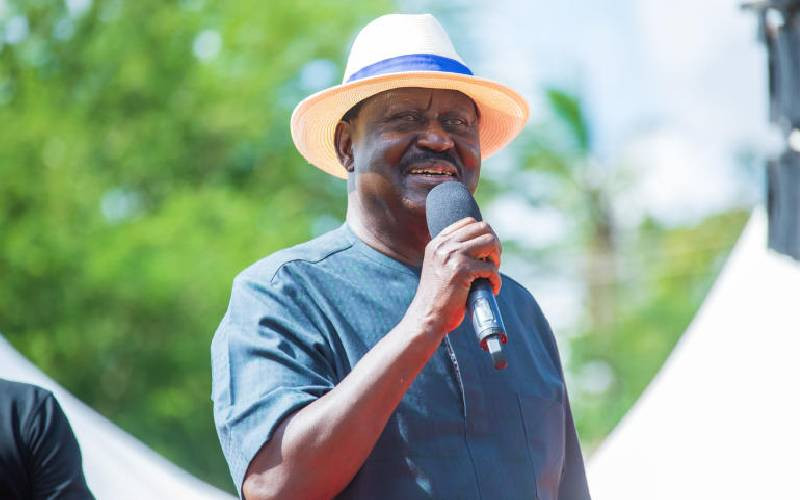×
The Standard e-Paper
Join Thousands Daily

Azimio la Umoja-One Kenya leader Raila Odinga's uncanny survival in every political cycle keeps on confounding critics because of how he regenerates himself despite losing elections.
After fighting from the wall since he lost the August 2022 presidential elections, Raila has again made little gains, bouncing back into the political limelight and in the process brushing shoulders with the powers that be.